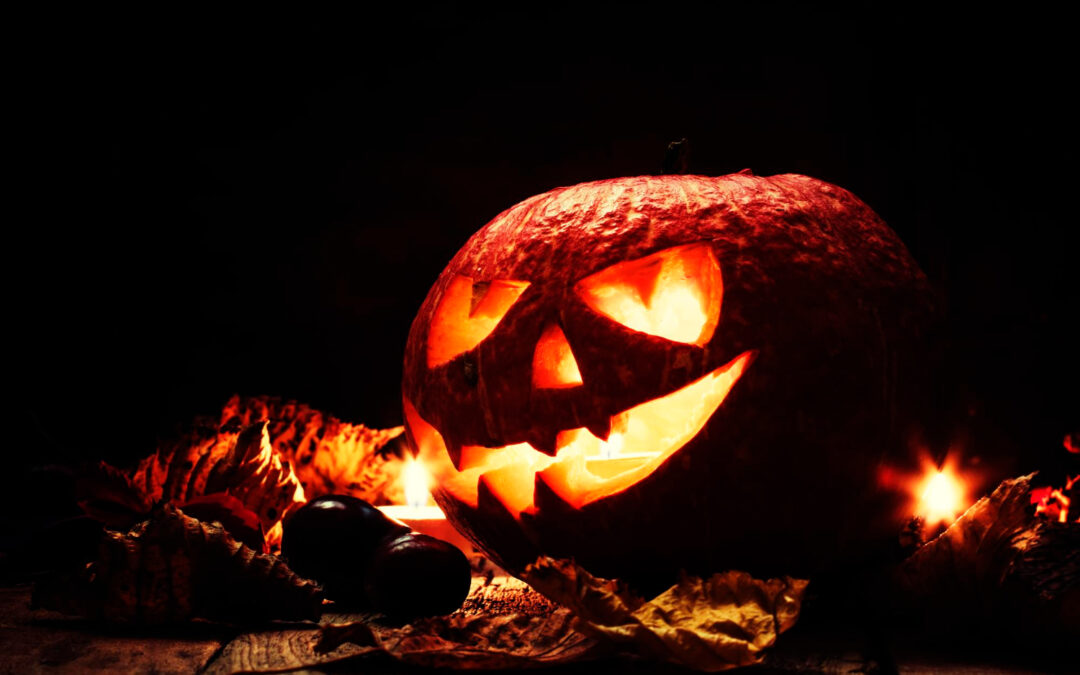Autumn’s arrival means brisk mornings, bright leaves, and the excitement of Halloween’s approach.
Families plan costumes and carve pumpkins, and neighborhood homes receive eerie makeovers. For those living with PTSD (Post-Traumatic Stress Disorder), however, Halloween can be a daunting and challenging time. This holiday—meant to be a fun and spooky celebration—can inadvertently trigger trauma, leading to heightened levels of stress, anxiety, and even panic for affected individuals.
Trauma, as we all know, comes in various forms and can leave a profound impact on an individual’s mental and emotional well-being. The mere mention of Halloween and PTSD can be enough to stir up feelings of unease in many survivors. Halloween’s pervasive themes of horror, gore, and haunting imagery often act as powerful reminders of traumatic events, making the season a particularly harrowing experience.
For those living with PTSD, this confluence can be overwhelming. Flashbacks and nightmares related to past traumatic experiences often become more frequent during the fall season. The sudden appearance of gruesome decorations, costumes, and haunted houses can act as triggers—intensifying feelings of anxiety and vulnerability.
As a result, individuals with PTSD often find themselves avoiding Halloween festivities altogether, depriving themselves and their loved ones of the joy and camaraderie this holiday can bring. The thought of venturing out into a world filled with masked strangers or facing haunted attractions can be paralyzing. The choice to stay home in order to avoid potential triggers is safer, if not isolating.
Halloween is a time to be especially judicious with your treatment plan if you suffer from PTSD. Therapy and medication are the conventional resources sufferers rely upon, and yet, these are not effective for everyone. PTSD is a complex condition, and its effects can vary significantly from person to person. For those who have not found relief through conventional treatments, there is hope in the form of ketamine infusion therapy.
Ketamine infusion therapy has shown promise in providing relief to individuals who have struggled with PTSD. This innovative approach works by targeting the brain’s pathways associated with trauma and depression. Unlike traditional treatments, ketamine acts quickly, often providing rapid and significant reductions in PTSD symptoms. Many individuals who have failed to find relief through other methods have reported positive outcomes with ketamine therapy—regaining a sense of normalcy and improved mental health. At a time as challenging as Halloween, this can be a literal lifeline.
Contact Vitalitas Denver
To learn more about Halloween and PTSD, or to talk further about whether ketamine infusion therapy might be a good option for you, do not hesitate to schedule a free consultation at Vitalitas Denver—a ketamine clinic staffed by a qualified and experienced full suite of dedicated medical professionals.


